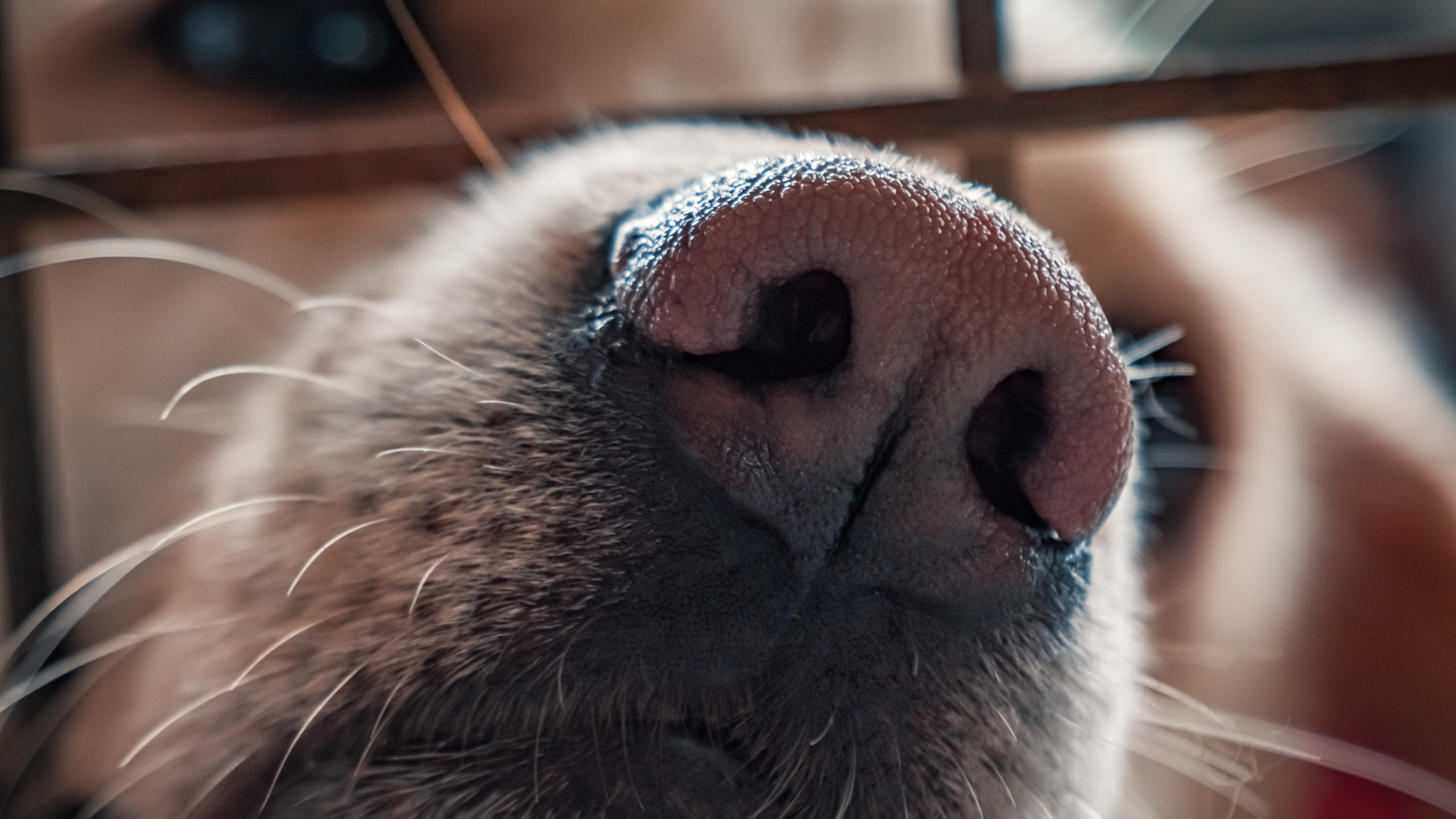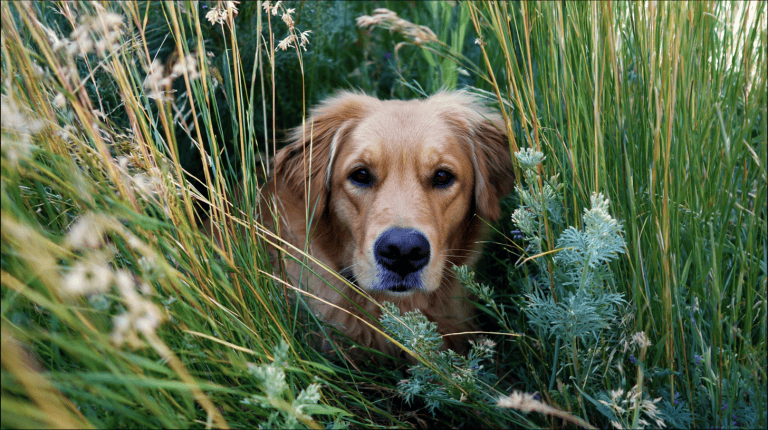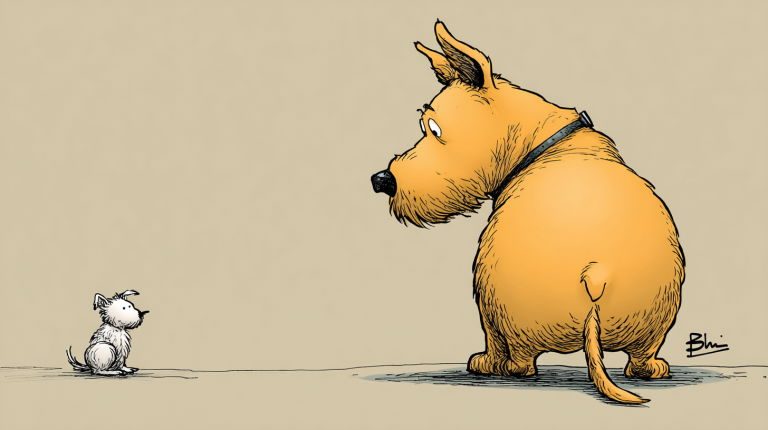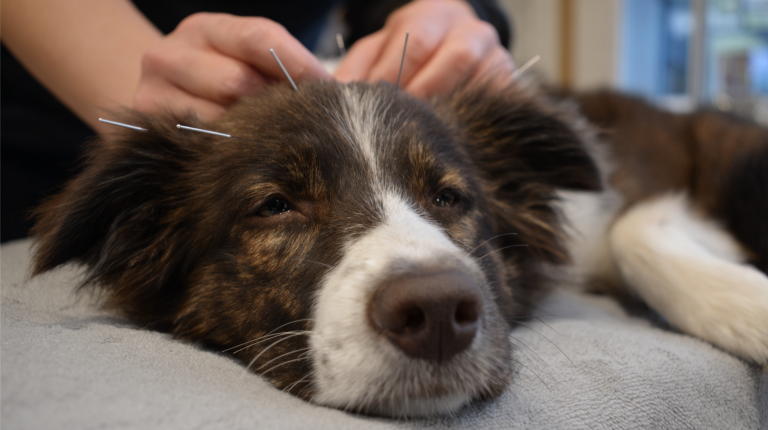Dogs, like humans, can experience various health issues, including nasal discharge and coughing. These symptoms can result from numerous factors, and identifying the underlying cause is crucial for providing appropriate treatment and preventing complications.
One prevalent cause of coughing and nasal discharge in dogs is kennel cough, resulting from a complex of multiple viruses and bacteria. This condition is highly contagious and spreads easily among dogs, particularly in places like boarding facilities, grooming salons, and dog parks.
Young dogs and those with weakened immune systems are especially susceptible to kennel cough, making it vital to take preventative measures like annual vaccinations. Kennel cough symptoms include a dry, hacking cough resembling a goose honk and nasal discharge. In severe cases, dogs may appear to choke or gag.
Kennel cough diagnosis typically relies on clinical signs and a history of recent exposure to other dogs. Your veterinarian may perform a physical exam and touch your dog’s trachea (windpipe) to elicit a reactive, dry cough. Antibiotics may or may not be prescribed, depending on your dog’s symptoms and illness duration. Isolating your dog from other dogs during this time is crucial to prevent infection spread.
If nasal discharge and coughing persist after ruling out kennel cough, other potential causes include foreign bodies, nasal tumors, tooth infection, or infectious, allergic, or immune-mediated diseases.
To identify these causes, your veterinarian may perform additional tests like X-rays, CT scans, biopsies, or cultures. For example, a one-sided discharge affecting one nasal cavity (nare) is more indicative of a foreign body or nasal tumor. The most common nasal foreign body in California is the foxtail, causing significant irritation and inflammation in the nasal cavity.
Nasal tumors often necessitate a scope (a long tube with a camera) and biopsy (microscopic examination by a pathologist) for diagnosis confirmation and treatment plan development. Tooth infection can also cause one-sided nasal discharge, as the oral and nasal cavities are connected. Extracting the affected tooth is often curative, provided the procedure is done correctly and suturing is performed to prevent further infection.
Infectious, allergic, or immune-mediated diseases are the most common causes of bilateral (both sided) nasal discharge. The discharge character may provide additional clues, with thick, mucoid, green, or yellow discharge suggesting a more infectious process. Thorough examination, biopsy, and/or culture, along with imaging tests like X-rays or CT scans, may be needed to investigate the underlying cause and create a treatment plan.
Cough characterization can also offer more information. For example, a dry cough accompanied by sneezing may indicate an infectious or allergic process, while a wet cough could signal a lower airway issue or heart disease. Cancer can also cause coughing, whether originating in the lung or spreading from other body parts.
Once diagnosed, treatment depends on the underlying cause and may involve antibiotics, surgery, chemotherapy, or other interventions. Follow-up care is also essential to ensure your dog fully recovers and to monitor potential complications.
In conclusion, while nasal discharge and coughing can concern dog owners, numerous potential causes and treatments are available. By collaborating with your veterinarian to identify the underlying cause and develop an appropriate treatment plan, you can help your furry friend stay healthy and happy.










